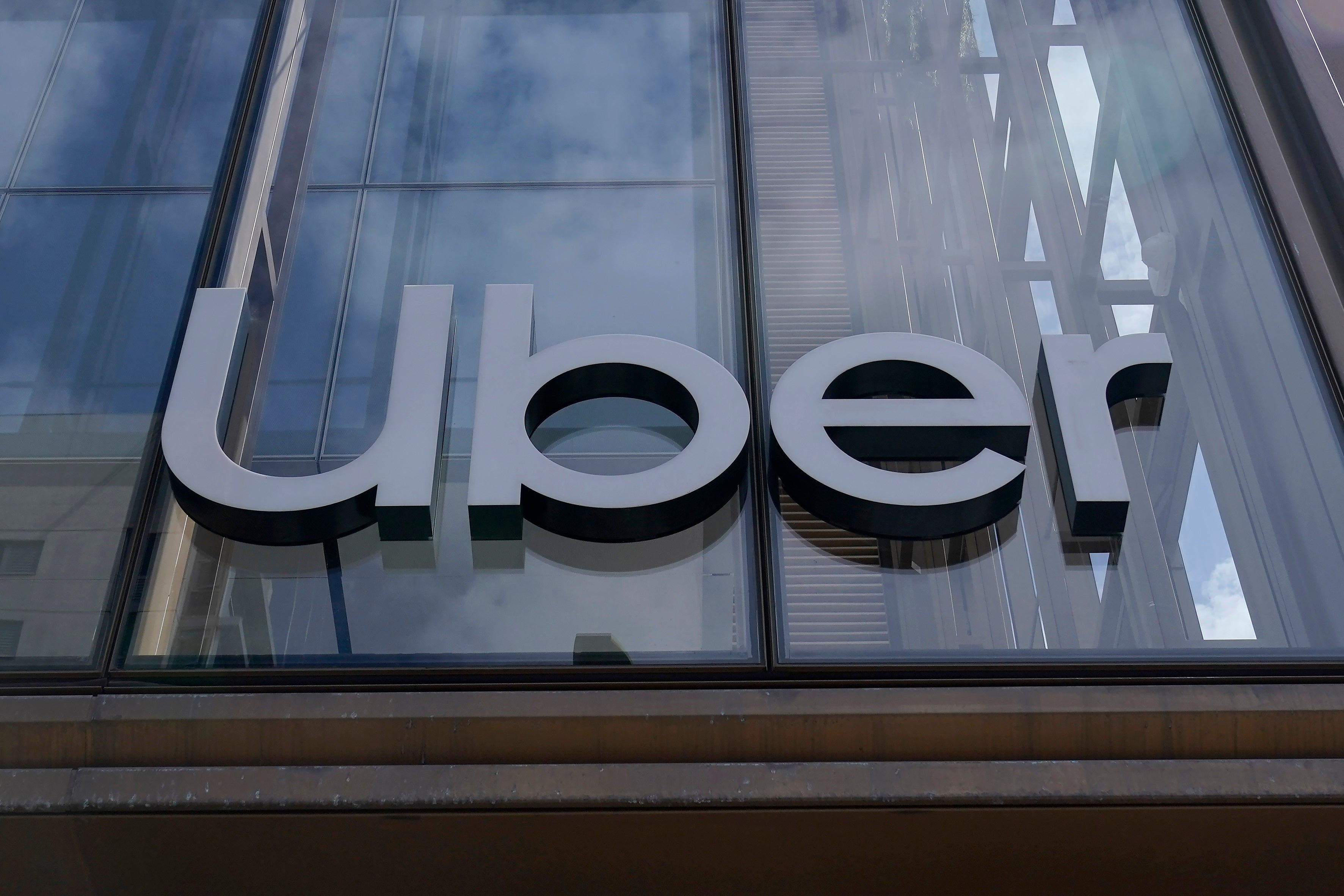
Uber is rolling out a suite of features allowing U.S. customers and drivers to opt for women-only rides.
“Across the US, women riders and drivers have told us they want the option to be matched with other women on trips,” Camiel Irving, vice president of U.S. and Canada operations, wrote in a statement on Wednesday. “We’ve heard them—and now we’re introducing new ways to give them even more control over how they ride and drive.”
The updates will allow riders to set a preference for only female drivers on on-demand or pre-booked trips, as well as offering drivers the ability to set a preference for only female customers.
The features will be piloted across San Francisco, Los Angeles, and Detroit over the next five weeks, the company said.
Uber began experimenting with such features for drivers in Saudi Arabia in 2019, after women there gained the legal right to drive.
Since then, according to Uber, the Women Rider Preference program has expanded to 40 countries and been used across 100 million trips, and the company has continued to test features in markets like Germany and France.
“But making this work reliably—not just symbolically—required thoughtful design,” the company added in its statement. “Most drivers are men, so we’ve worked to ensure this feature was truly usable in different places around the world.”
A 2015 company survey estimated that about 20 percent of its U.S. drivers are women.
Later this year, the company is expected to head to trial in federal court to face a consolidated set of cases stemming from hundreds of claims from women who say their Uber drivers sexually assaulted them.

The suits, some of which were thrown out earlier this month, allege the company didn’t do enough to notify riders about the risk of sexual assault in ads touting the service as a safe way to avoid drunk driving, and doesn’t disclose allegations or records of past misconduct against drivers on in-app features listing driver information.
Uber has said it does not comment on pending litigation.
In court, it has argued that its drunk driving PSAs are unrelated to the topic of the risk of assault. It has also insisted it has no duty to add misconduct records to its driver notifications, and that it had no intent to mislead consumers, who haven’t proven they relied on the content of driver notifications when decided to enter Uber rides.
Asylum hotel data to be shared with food delivery firms in bid to stop illegal working
New Uber feature allows families to remotely book rides for elderly relatives
Uber rolls out ‘senior accounts’ in UK to help elderly people travel
‘It’s racist’: Latino tenants who sued landlord got threatening message about ICE
California asks court to give state control of Los Angeles County's troubled juvenile halls







